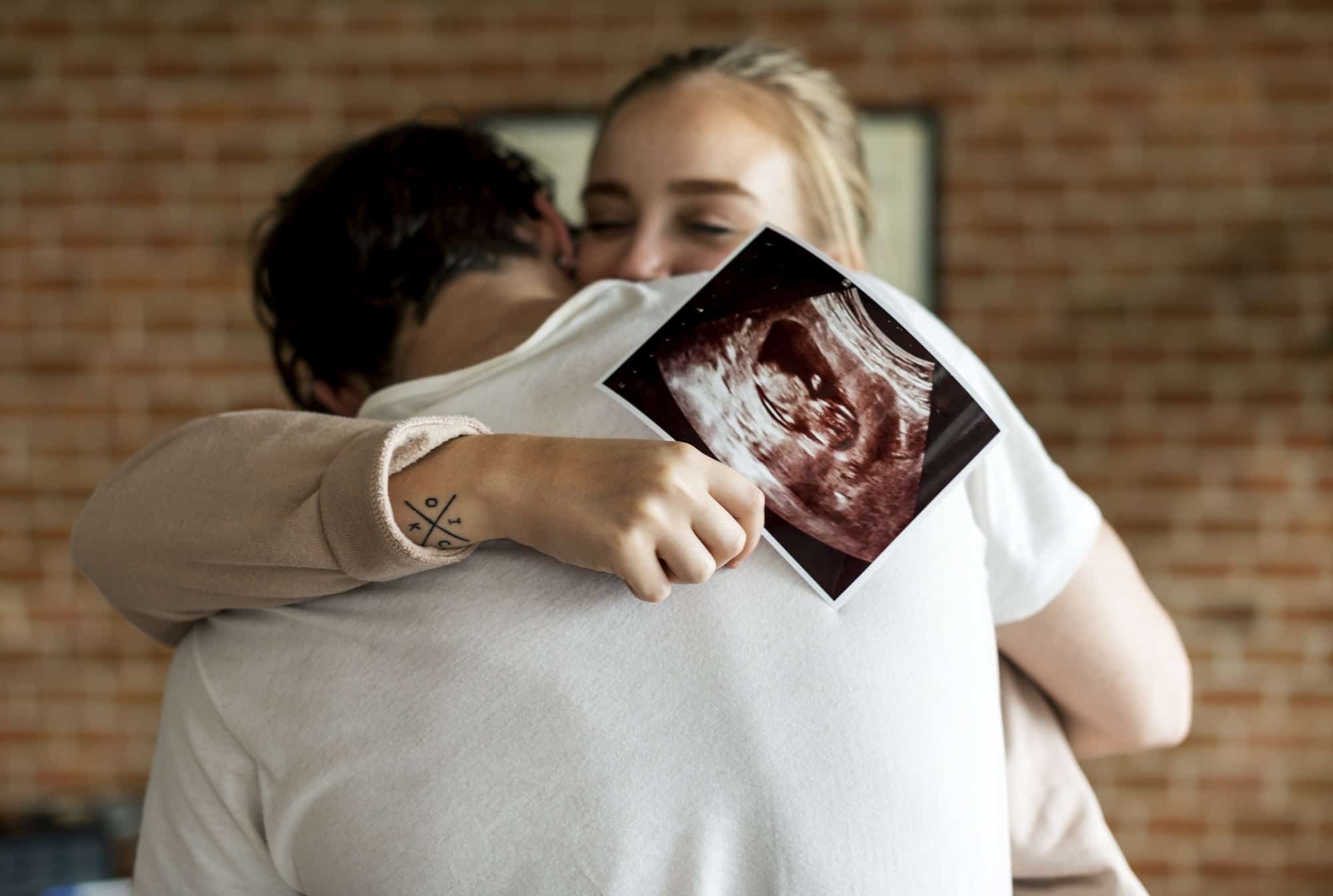
Have you been dreaming about expanding your family for a long time? The decision has been made that you are starting to try for a baby. However, after many unsuccessful attempts, questions arise about how to increase the chances of pregnancy? Here is a suggestion!
If you and your partner are healthy, your chances of conceiving a child are better. If you are thinking of becoming parents, first take a look at your fitness, habits and mental state, as these are factors that make a huge difference. What exactly increases the chance of getting pregnant?
Weight matters because if you weigh too little or too much, you run the risk of hormonal imbalances, which unfortunately can make it difficult and sometimes impossible to get pregnant. BMI is a popular indicator of whether your weight is within the norm. To maintain a healthy body weight, you should follow a light and well-balanced diet and exercise regularly. The recommended physical activity is aerobic exercise, as it will help you burn excess calories safely. It is worth going for a brisk walk, jogging or cycling a few times a week.
When you are planning to get pregnant, cut down on alcohol. The effect of alcoholic beverages on the foetus is very harmful because it interferes with its normal development. What about future fathers? An occasional drink won’t do any harm, but men, believe that the time of trying for a baby is a bad time for drunken parties. Expectant parents should also stop smoking, as many studies confirm that cigarette smoking can adversely affect female and male fertility. Secondhand smoke is also harmful!
If you are trying to have a baby and you are taking any medication, do not forget to tell your gynecologist. There are some medicines that can make it difficult to conceive a child or have a harmful effect on the fetus
Stress is also a factor that can make it difficult to get pregnant. According to clinical findings, both chronic and traumatic stress have significant effects on sexual function, as well as fertility in men and women. These include work-related stress or personal problems. It can also be the case that constantly trying to have a baby creates tension. So it’s worth relaxing, slowing down a bit, so you won’t be a bundle of nerves while waiting for a positive test result.
A balanced diet, rich in nutrients and vitamins is essential! Draconian diets can disrupt hormonal balance and even inhibit ovulation. To increase your chances of getting pregnant, change your eating habits and try to choose unmodified products, and read the ingredients on packages. With your partner, reach for unprocessed foods and try to eat as much seasonal produce as possible. Do not take any supplements or vitamin preparations on your own, except folic acid, without consulting your doctor. Remember that diet affects fertility. The proper functioning of the reproductive organs is also dependent on a well-balanced diet.
The younger you are, the better your chances of getting pregnant. After the age of 35, egg depletion is at a critical level, and after the age of 40, the chances of getting pregnant (especially with a first pregnancy) are unfortunately very low. According to the government agency Human Fertilisation and Embryology Authority, about 95% of women aged 35 who have regular unprotected sex will become pregnant after three years of trying, and 75% of women aged 38 will do so. If after three monthly cycles you have not detected ovulation (this is the time of peak fertility), it is best to consult your doctor.
Read also Can diet and exercise make it harder to get pregnant?
Main photo: Rawpixel.com/ adobestock.com